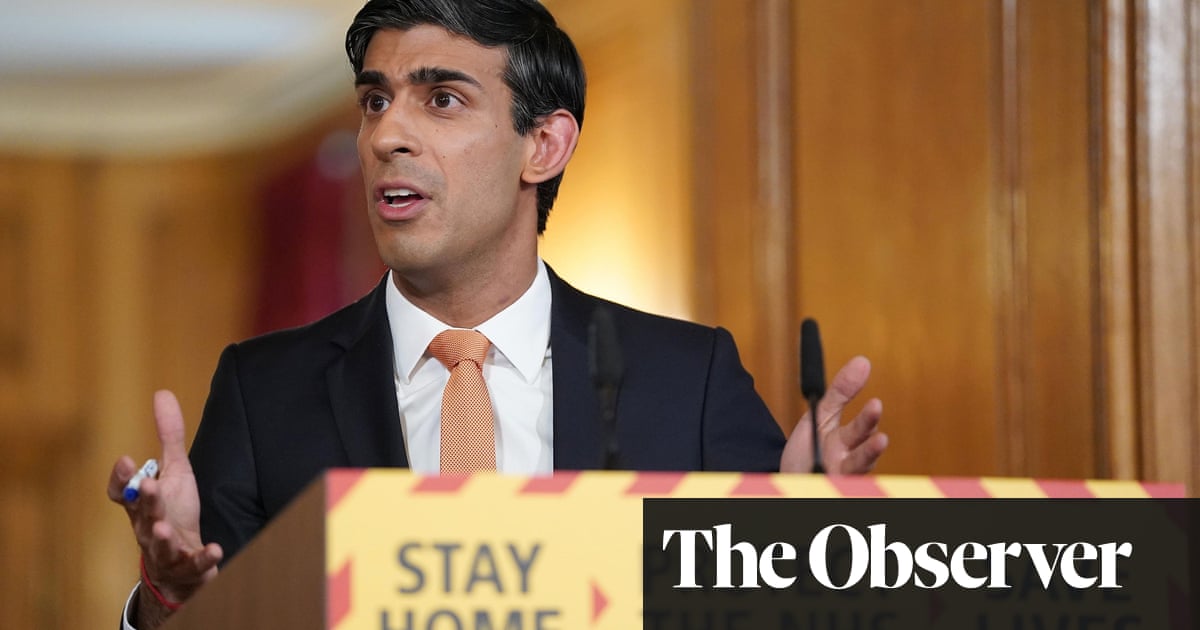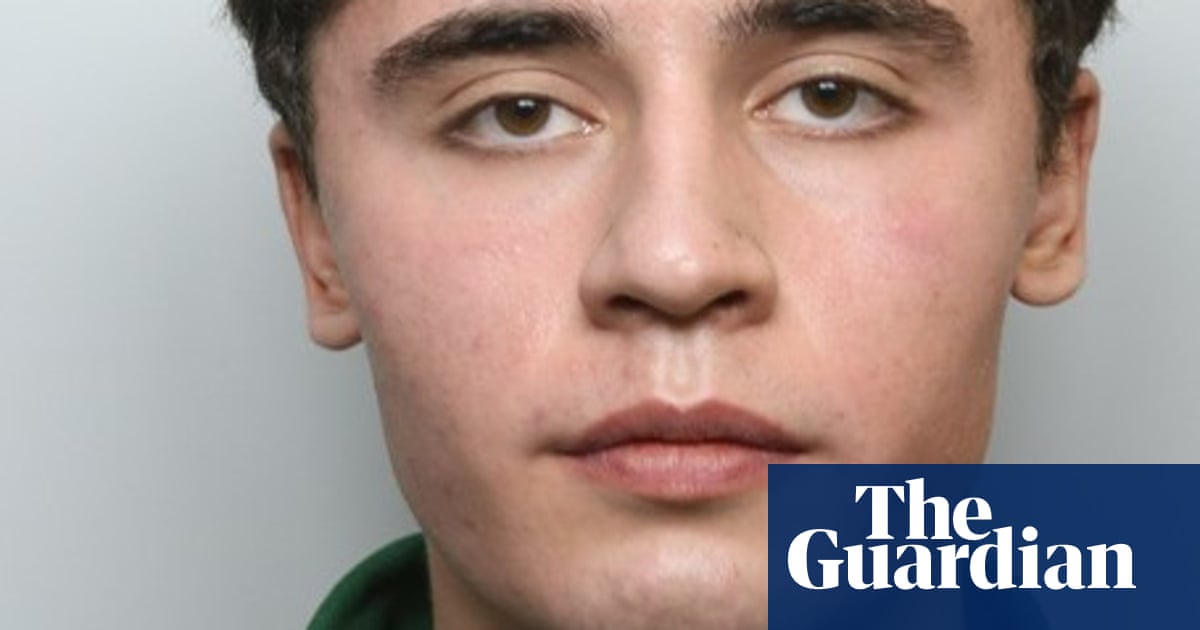
Jacob Zuma, the former president of South Africa, faces a jail sentence after failing to appear before an anti-corruption inquiry on Monday.
Zuma had been called to give evidence to judges investigating allegations of systematic graft during his nine years in power. The 79-year-old had walked out of earlier hearings.
Raymond Zondo, the deputy chief justice and chairperson of the inquiry, said he would seek an order from the constitutional court that Zuma was in contempt of court and would press for a jail sentence.
“This is very serious because if it is allowed to prevail, there will be lawlessness and chaos in the courts. There may be other people who will decide to follow his example when they are served with summons in other court processes,” Zondo said.
“If the message that is sent out is that people can ignore or disregard summons and orders of courts with impunity, there will be very little that will be left of our democracy.”
Analysts said Zuma’s refusal to appear before the inquiry was one of the most significant tests of South Africa’s democratic institutions for many years.
Sub-Saharan Africa’s most developed country is struggling with a flagging economy, soaring unemployment and the continent’s worst outbreak of Covid-19.
“Zuma’s strategy has been to push every legal process as far as it can go … but the constitution and the law are holding firm. This is certainly a very serious test, but not a constitutional crisis,” said Richard Calland, a constitutional law professor at the University of Cape Town.
Zuma was ousted in 2018 after a bitter internal battle within the ruling African National Congress (ANC) and amid public outrage over allegations of mismanagement and systematic corruption.
Lawyers representing Zuma did not attend court but sent a two-page letter blaming the former president’s failure to appear on a series of legal technicalities.
The inquiry was set up after an ombudsman’s report uncovered apparent evidence of improper contact between three wealthy businessmen brothers and senior officials in Zuma’s administration. The report, which stopped short of asserting criminal behaviour, called for an investigation into whether Zuma, some of his cabinet members and some state companies had acted improperly.
Zuma and the businessmen deny any wrongdoing. The inquiry has also heard a series of further serious allegations from witnesses, describing massive bribes paid to officials by businesses seeking favours.
In June, Cyril Ramaphosa, Zuma’s successor, ordered that evidence presented at the inquiry could be used by prosecutors, potentially opening up hundreds of cases for further action.
The court in January ruled that Zuma had no right to remain silent during the proceedings.
“Zuma is in a corner, and he needs to strengthen his hand. One way to do that would be to create a political crisis by making himself into a victim of the system, a kind of martyr, and so generate political energy and space that he can then exploit,” said Calland.
The scandals badly hurt the reputation of the ANC, which has ruled South Africa since the end of apartheid in 1994.
Public outrage has been building for years but was fuelled in recent months by a series of scandals involving huge sums corruptly earned on government contracts for emergency supplies to combat the Covid-19 pandemic and grants to support the most needy.
Ace Magashule, theparty’s secretary general, faces charges of playing a key role in a $15m (£10.7m) contract to find and remove asbestos from homes in disadvantaged neighbourhoods in the Free State province. Magashule has controversially remained in his post despite calls to step down.
Zuma’s refusal to appear comes a day after the ANC reiterated the need for all its members to cooperate with the commission. “To allow anything else would lead to anarchy and open the floodgates easily for counter-revolution,” the party said in a statement on Sunday.
Ramaphosa, a labour activist turned wealthy tycoon, is seen as the leader of the ANC’s centrist and reformist wing, while Magashule is the political heir of Zuma, who represents a more radical faction committed to a sharp redistribution of wealth in South Africa.
In his brief appearance before the inquiry last year, Zuma said he was the victim of a plot by foreign intelligence agencies seeking his downfall. “I have been vilified, alleged to be the king of corrupt people,” he said.
Zuma faces a separate corruption investigation involving 16 charges of fraud, racketeering and money laundering relating to a deal to buy European military hardware to upgrade South Africa’s armed forces in 1994. He denies the charges.












